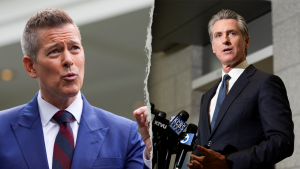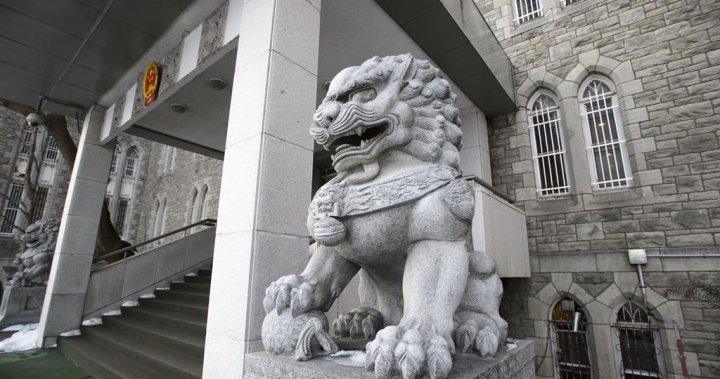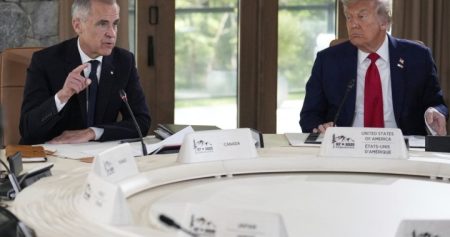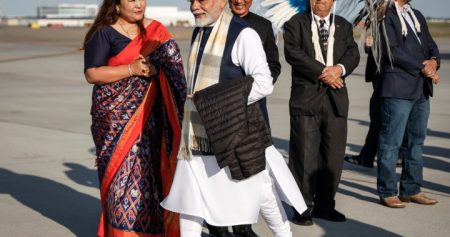The diplomatic tension between Canada and China has escalated following Ottawa’s imposition of sanctions on eight Chinese officials accused of human rights abuses against ethnic and religious minorities, notably the Uyghur population. Canada’s actions, which also included expressing concerns over the erosion of democratic freedoms in Hong Kong and the issuing of international bounties for pro-democracy activists, have been met with sharp rebukes from Beijing, accusing Canada of hypocrisy and attempting to deflect attention from its own internal human rights challenges, specifically those faced by Indigenous peoples. This diplomatic spat highlights the complex interplay between international human rights discourse, domestic politics, and geopolitical maneuvering.
China’s response has been multi-pronged, encompassing official statements, state-run media campaigns, and targeted sanctions against Canadian activists and organizations. Beijing’s rhetoric centers on the argument that Canada lacks the moral authority to criticize other nations’ human rights records given its own historical and ongoing struggles with Indigenous rights. Chinese officials have pointed to systemic racism, unfair treatment, and unmet promises related to Indigenous self-determination as evidence of Canada’s hypocrisy. This strategy aims to undermine Canada’s credibility on the international stage and deflect criticism away from China’s own actions.
China’s state-controlled media has played a significant role in amplifying this narrative, employing political cartoons and editorials to depict Canada as a nation rife with internal contradictions, unfairly targeting China while ignoring its own domestic issues. This media offensive attempts to shape public opinion both domestically and internationally, portraying Canada as a biased actor motivated by ulterior motives, specifically pleasing the United States, rather than genuine concern for human rights. The use of easily digestible and shareable content, such as political cartoons, further facilitates the spread of this messaging across social media platforms.
While China’s accusations regarding Canada’s treatment of Indigenous peoples are not entirely unfounded, they serve as a deflection tactic to divert attention from serious allegations of human rights abuses within its own borders. International human rights organizations, including the United Nations, have documented widespread and systematic repression of Uyghurs and other minorities in China, including mass detention, forced labor, and cultural assimilation. China’s attempts to equate its human rights challenges with Canada’s, while strategically convenient, overlook the scale and severity of the abuses perpetrated against its own citizens.
The United Nations, in its periodic reviews of both Canada and China, has acknowledged areas needing improvement in both countries’ human rights records. While commending Canada for progress on Indigenous rights and housing, the UN has also urged further action on issues such as the overrepresentation of minorities in the justice system and the protection of Indigenous rights related to resource extraction. Regarding China, the UN has expressed serious concerns about the detention of Uyghurs and other minorities, restrictions on freedom of religion and expression, and the application of counterterrorism laws that violate international human rights standards. These assessments underscore the complexity of human rights issues and the ongoing need for progress in both nations.
The escalating diplomatic tensions between Canada and China illustrate the challenges inherent in navigating human rights discourse on the international stage. While Canada’s concerns regarding China’s treatment of minorities are legitimate and based on credible evidence, China’s counter-accusations highlight the vulnerabilities faced by nations engaging in such critiques. This interplay underlines the need for consistent and principled application of human rights standards, avoiding selective criticism and acknowledging the ongoing work required to address human rights challenges globally. The use of human rights concerns as a tool for political maneuvering risks undermining the legitimacy of the very principles being invoked.










